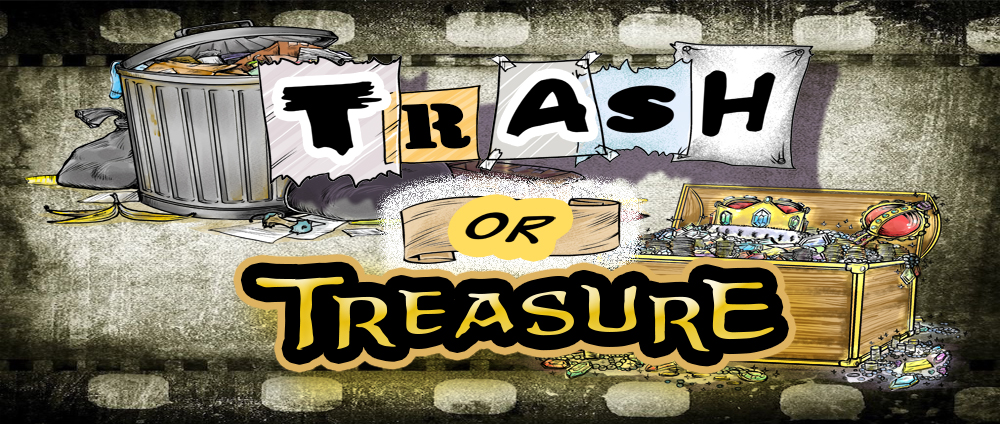
As this film was made in Czechoslovakia during the Communist dictatorship, I went in assuming I would miss most of the cultural references within. I have some limited knowledge of Russian Science Fiction of that era, especially Solaris and Stalker, so I know that the genre was often deeply metaphorical, but comedy tends to hinge on the context of its time. I left feeling that I knew nothing more about that part of that then nation’s history, but with a deep awareness that some films are just damn funny and fun to watch.

In space, no one can hear you put the kettle on.
In the distant future of 1996, Jan Bures (Petr Kostka) has a dull job making rockets that travel through time whilst his brother, Karel Bures (also Petr Kostka) has the exciting job of piloting them so that tourists can go on holiday in the neolithic period. Karel is also a Nazi, so he and his chums (including several WW2 veterans who pop anti-ageing pills) have a plan to ship Hitler a nuke just before Germany loses the war. This gets scuppered by Karel choking to death on a croissant, which leads to Jan being forced into taking his place.

“But I don’t want to adventure, I want to rocket science.”
From there everything is heavily interwoven thanks to the marvels of time travel, so beyond the brief first act you would need to explain everything to have any of it make any sense. It’s not overly dense or frustratingly intricate, as the fantastical elements are used to support rather than replace a fundamentally human story, it’s just that a lot is happening and no time is wasted. I will say that Hitler cries, a lot, and that’s almost as funny as him dying.

Hitler, twating about like the twat he was.
As said, the film moves at a heck of a speed, but joyfully the cast doesn’t. Everyone gives solid, relatable performances; except the Nazis who just Nazi about like the twats we know them to be. Whilst it could have easily become a depressing black comedy or a rampaging absurdity, it favours a more naturalistic approach where the characters and the situations provide the humour and, most importantly, the warmth that will keep you locked in. This is helped by a cast playing it straight and having trust in the script doing the work for them.

Flashing lights are key to time travel
Throw in a utilitarian futurescape, a supportive rather than overwhelming soundtrack, and a careful cinematic eye, and here is a film that felt both unique and enjoyable. There is also a touch of Doctor Who to it, at least in the writing and acting, It was a sufficient Treasure that I’m now seeking out more of director Jindřich Polák and writer Josef Nesvadba works, along with any recommendations for more works from the region.

The Raggedyman
